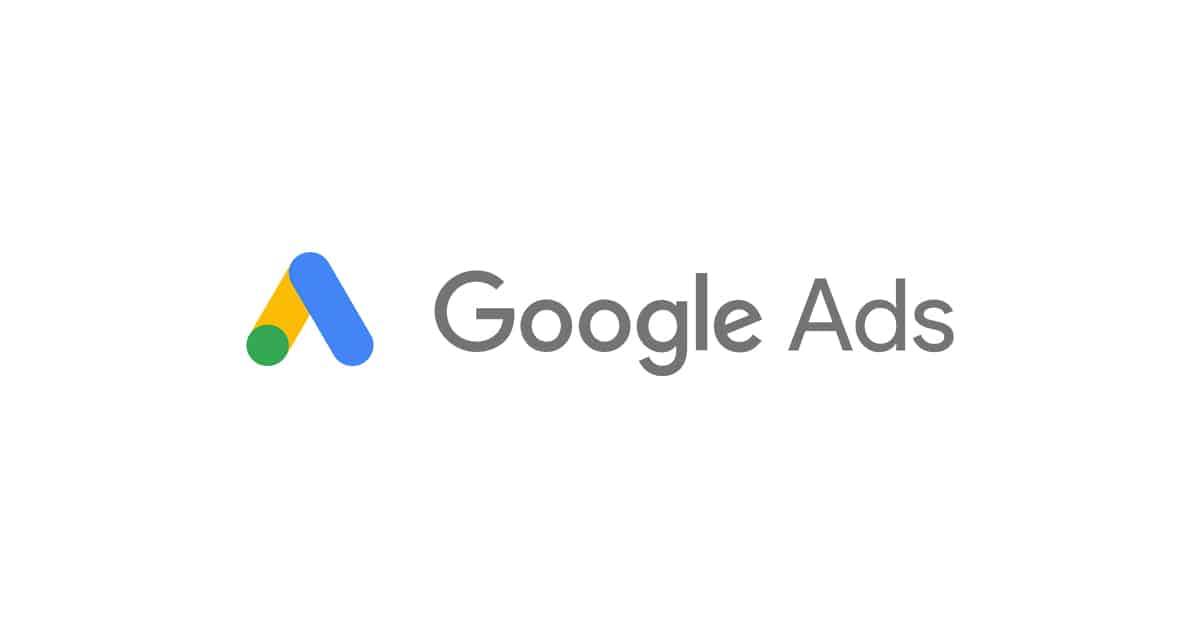Introduction
Google Ads is a powerful advertising platform that allows businesses to reach a wide audience through various channels, including Google Web Search. However, to maintain the integrity of its search results and ensure a positive user experience, Google has implemented strict spam policies that advertisers must adhere to. In this article, we will discuss these policies and provide tips on how to avoid violating them.
What is considered spam by Google Ads?
Google defines spam as any content or behavior that is deceptive, misleading, or violates its guidelines. When it comes to Google Ads for Google Web Search, spam can take several forms:
- Keyword stuffing: Overusing keywords in an unnatural or excessive manner.
- Hidden text or links: Hiding text or links from users but making them visible to search engines.
- Cloaking: Presenting different content to search engines and users.
- Redirecting: Sending users to a different page than the one they expected.
- Malware or unwanted software: Promoting or distributing harmful software.
- Phishing: Attempting to deceive users into sharing sensitive information.
Why does Google have spam policies?
Google’s mission is to organize the world’s information and make it universally accessible and useful. To achieve this, it is crucial to provide users with reliable and relevant search results. By enforcing spam policies, Google can maintain the quality of its search results and protect users from deceptive or harmful content.
How to comply with Google Ads spam policies?
Complying with Google Ads spam policies is essential to ensure your ads are not rejected or your account suspended. Here are some tips to help you stay within the guidelines:
1. Create high-quality, relevant content
Focus on creating valuable content that is relevant to your target audience. Avoid keyword stuffing and instead, use keywords naturally within your content. Provide accurate and honest information to users.
2. Be transparent and honest
Clearly communicate your offerings and avoid any misleading claims or deceptive practices. Provide accurate pricing, promotions, and information about your products or services.
3. Follow Google’s landing page policies
Ensure that your landing pages provide a good user experience and are relevant to your ad content. Avoid using landing pages that contain malware, unwanted software, or phishing attempts.
4. Monitor your ad performance
Regularly review your ad performance and make necessary adjustments to improve its quality and relevance. Remove any ads or keywords that are not performing well or are in violation of Google’s policies.
5. Stay informed about policy updates
Google periodically updates its policies to adapt to changing trends and user expectations. Stay informed about these updates and make the necessary changes to your ads and website to remain compliant.
Consequences of violating Google Ads spam policies
Failure to comply with Google Ads spam policies can have serious consequences, including:
- Ad disapproval: Google may disapprove your ads if they are found to be in violation of the spam policies.
- Account suspension: Repeated or severe violations can lead to the suspension of your Google Ads account, preventing you from running any ads.
- Loss of credibility: Violating spam policies can damage your brand’s reputation and trustworthiness.
Conclusion
Complying with Google Ads spam policies is crucial to maintain the integrity of Google’s search results and provide users with a positive experience. By creating high-quality, relevant content, being transparent and honest, and staying informed about policy updates, you can ensure that your ads meet Google’s guidelines and reach your target audience effectively.
Remember, Google Ads is a powerful tool, and using it responsibly will not only benefit your business but also contribute to a better online advertising ecosystem.

